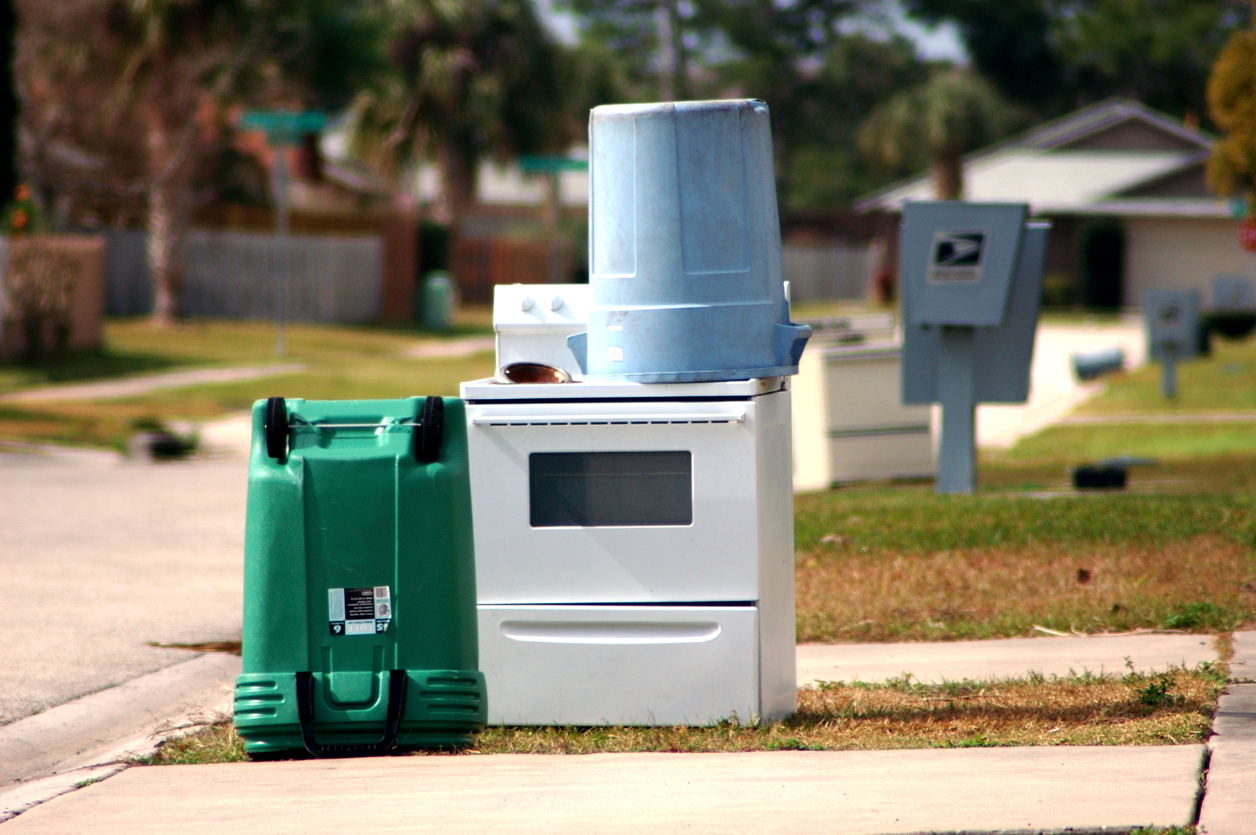The answer by most readers to the question posed is “Of course Chip! Just because a property is damaged does not mean that the policyholder cannot sell the damaged property.” Well, not so fast my nerdy insurance coverage and claims friends.
I was listening to a presentation by attorneys Frank Winston and Jonathan Lerner while they described how they represented a policyholder whose plumber threw out part of the plumbing after a loss. The insurer successfully declined to pay because the policyholder did not protect the insurer’s subrogation rights. The part thrown into debris by the plumber would have potentially proven a subrogation case.
I will discuss that case and its implications in a later post, but it did lead me to research this clause often found in property insurance policies:
If any person or organization to or for whom we make payment under this Coverage Part has rights to recover damages from another, those rights are transferred to us to the extent of our payment. That person or organization must do everything necessary to secure our rights and do nothing after loss to impair them.
While researching this clause, I came across 914 2nd Pub, Inc. v. QBE Insurance Company.1 This 2017 New York case held that a property insurer was not required to pay a claim arising from structural damage caused by excavating work. While there was coverage for the excavating work and the insurance company made “advance payments,” the insureds sold the property to the owner of the adjacent property. By doing so, the court ruled that the sale of the property violated the terms of the insurance policy that required them to “do everything necessary to secure” and “do nothing after loss to impair” the insurer’s subrogation rights. The court also found that the sale of the building violated the insureds’ obligation to cooperate with the insurer in its investigation of the claim. The court reasoned that the adjacent property owner, now owning the building, demolished it, leaving nothing for the insurer to investigate.
There are lessons from the two cases which public adjusters, insurance agents, and restoration contractors can learn from these cases. First, get permission—and preferably direction—from the insurer to throw out debris following a loss. Second, if the property is going to have a change of ownership or if it is going to be materially altered, provide written notice of the same, offer to make the property available for inspection, and try to get agreement that the property can be sold or altered from the carrier.
Finally, stop using the term “advance payments.” When an insurer pays a part of the loss before making its last payment, it is paying what is owed and making “partial payments.” The insurer should always, following an investigation confirming coverage, promptly pay for the benefits owed under the policy, even if it is for the “partial“ amounts owed. The insurer is not doing a favor by paying those amounts—there is nothing being “advanced.” The insurance claims adjusters and their managers working for the insurer should be trying to get the monies out of the treasury of the insurer and into the hands for use by the policyholder customer as soon as possible. That is what the policyholder paid for before a loss ever occurred.
Thought For The Day
Everyone lives by selling something.
—Robert Louis Stevenson
___________________________________
1 914 2nd Pub, Inc. v. QBE Ins. Co., 146 A.D.3d 415 (N.Y. App. Div. 2017).




